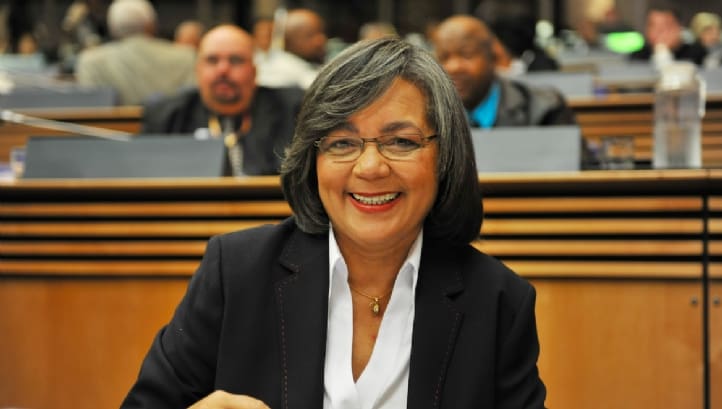Cape Town has outlined a "portfolio response" to its water crisis based on the work of its water resilience task team over the past 11 weeks.
The city has begun to procure and commission, in three stages, augmentation schemes to produce up to 500,000 m3/d of non-surface water.
It follows a Request for Information (RfI) about desalination options that was issued in June in response to a prolonged drought.
“The RfI was not a procurement mechanism, but did provide the city with valuable insights into the market of options,” said executive mayor, Patricia de Lille. “The knowledge has been useful in planning an extensive number of rapid procurement initiatives.”
The first tender was issued on 16 August 2017, and the full number of tenders will be issued over the next several weeks.
The three stages of Cape Town’s water resilience portfolio response
| Technology | m3/d at full production | Location(s) | |
|
Immediate and first tranche |
Groundwater extraction |
100 |
Atlantis and Silverstroom, Cape Flats, Cape Peninsula, Hottentots Holland |
|
Containerised desalination |
50 |
Koeberg, Silverstroom, Woodbridge Island, Granger Bay, Hout Bay, Red Hill, Strandfontein, Monwabisi, Harmony Park |
|
|
Barge desalination |
50 |
Cape Town Harbour |
|
|
Second tranche |
Water reuse |
50 |
Six wastewater treatment plants: Zandvliet, Bellville, Fisantekraal, Potsdam, Cape Flats, Macassar |
|
Permanent desalination |
50 |
Cape Town Harbour |
|
|
Extreme tranche |
Floating desalination |
200 |
Cape Town Harbour, Gordons Bay |
|
Total |
500,000 |
